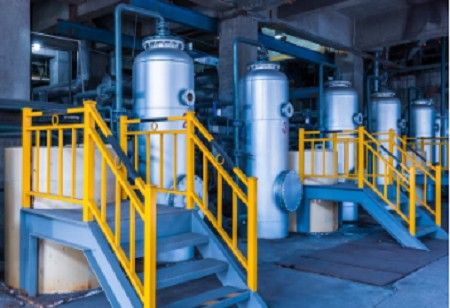
NITI Aayog has taken the ambitious step of outlining seven key policy recommendations to make India a global chemicals superpower, while developing a roadmap to increase the country’s share of global chemicals consumption from the current 3–3.5% to 12% by 2040.
The roadmap sets as its goals doubling domestic production, closing the USD 31 billion trade deficit, and having India’s chemicals sector reach a USD 1 trillion-dollar industry. It seeks 5–6% market share by 2030 and outlines plans for world-class chemicals hubs, to improve port and logistics infrastructure, Opex subsidies, increase R&D, faster environmental clearance systems, improve trade policy frameworks, and improve skills through targeted education and training that addresses a massive 30% skills gap.
The plan anticipates USD 35–40 billion in exports to increase, and the creation of 700,000 skilled jobs by 2030, while reducing reliance on imports and moving more towards India's position in global supply chains. The report mentions the need for faster and more innovative project approvals, and terms for international trade in order to remain competitive in the China-dominated global landscape.
Also Read: Industrial India Turns to Solar for Cost Cuts and ESG Compliance
If done well, India's chemical sector could pivot from reactive growth to leading strategic direction, and lead an industrial renaissance over the next 15 years.
We use cookies to ensure you get the best experience on our website. Read more...